Cyber in 60 Seconds
Combating cybercrime a focus at G7 and Biden-Putin summits
Cyber issues took center stage at the G7 summit. Is there a consensus among world leaders on how to handle cyberweapons? Will Biden's meeting with Putin influence a united Western approach in combating cybercrime? Marietje Schaake, International Policy Director at Stanford's Cyber Policy Center, Eurasia Group senior advisor and former MEP, discusses trends in big tech, privacy protection and cyberspace.
Jun 17, 2021
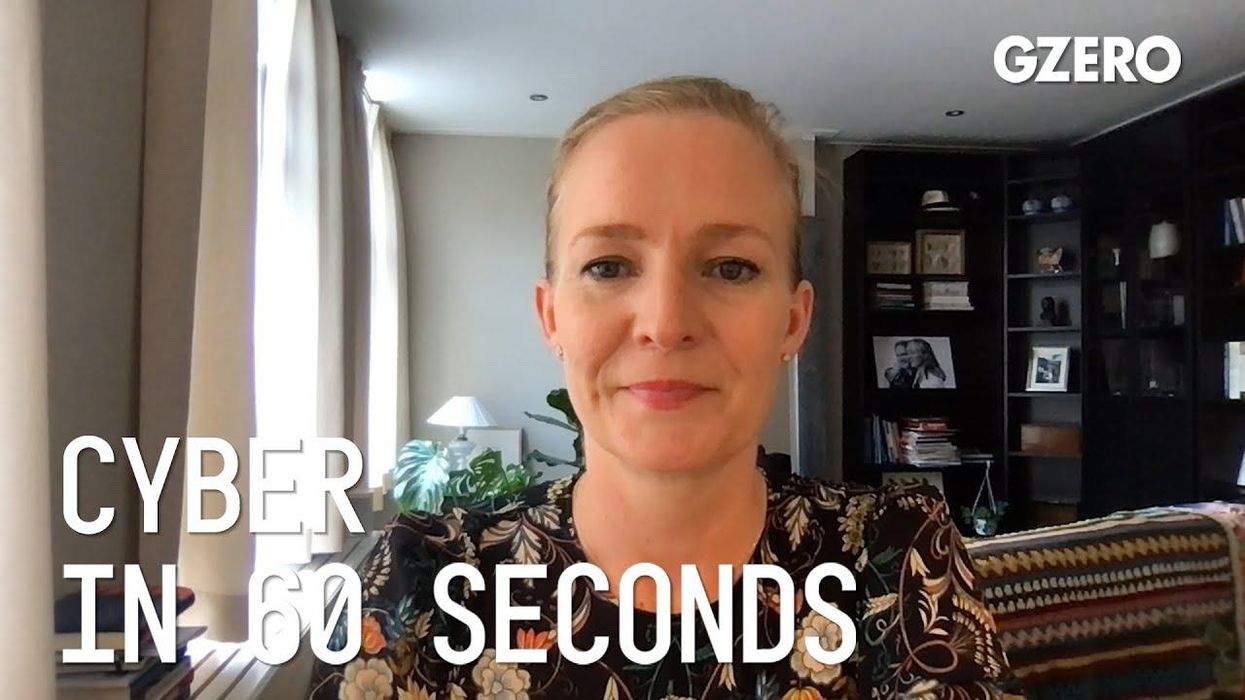

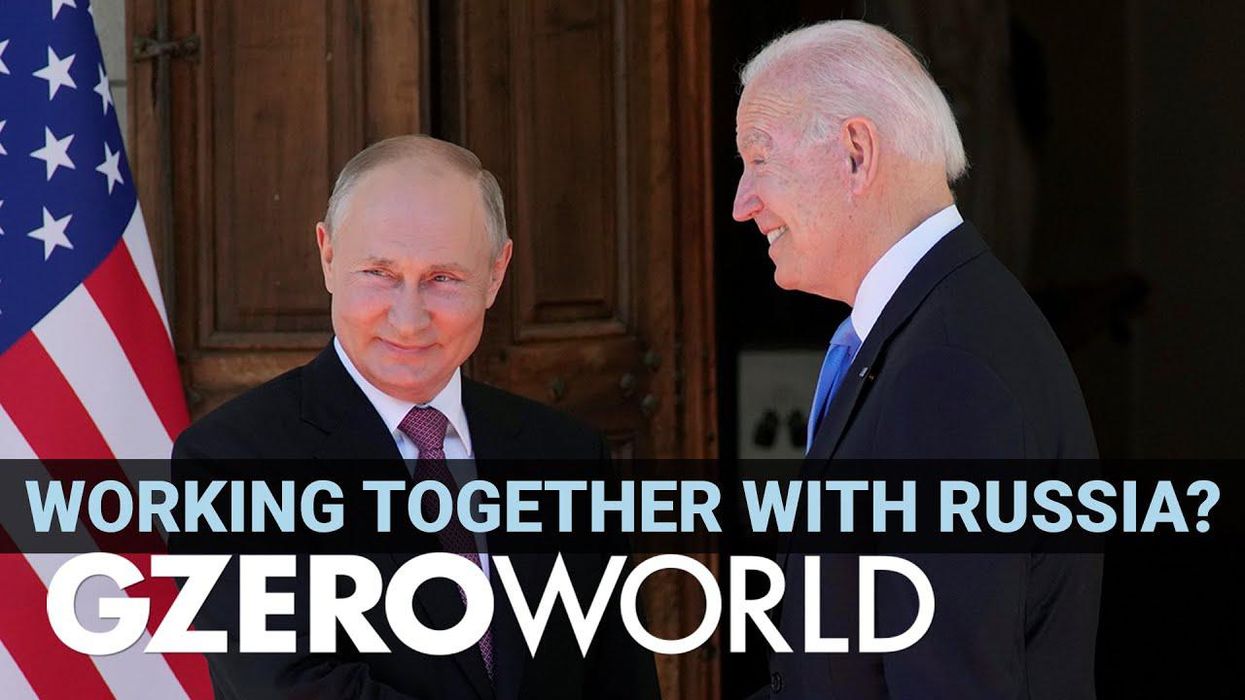
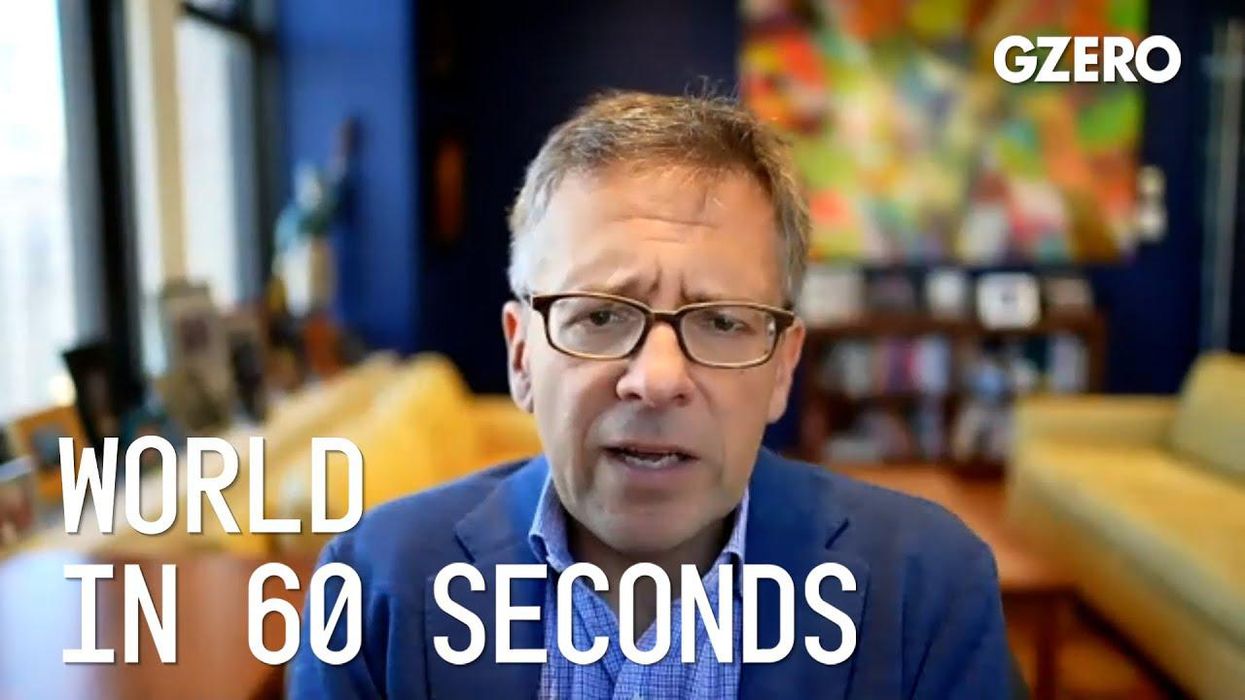
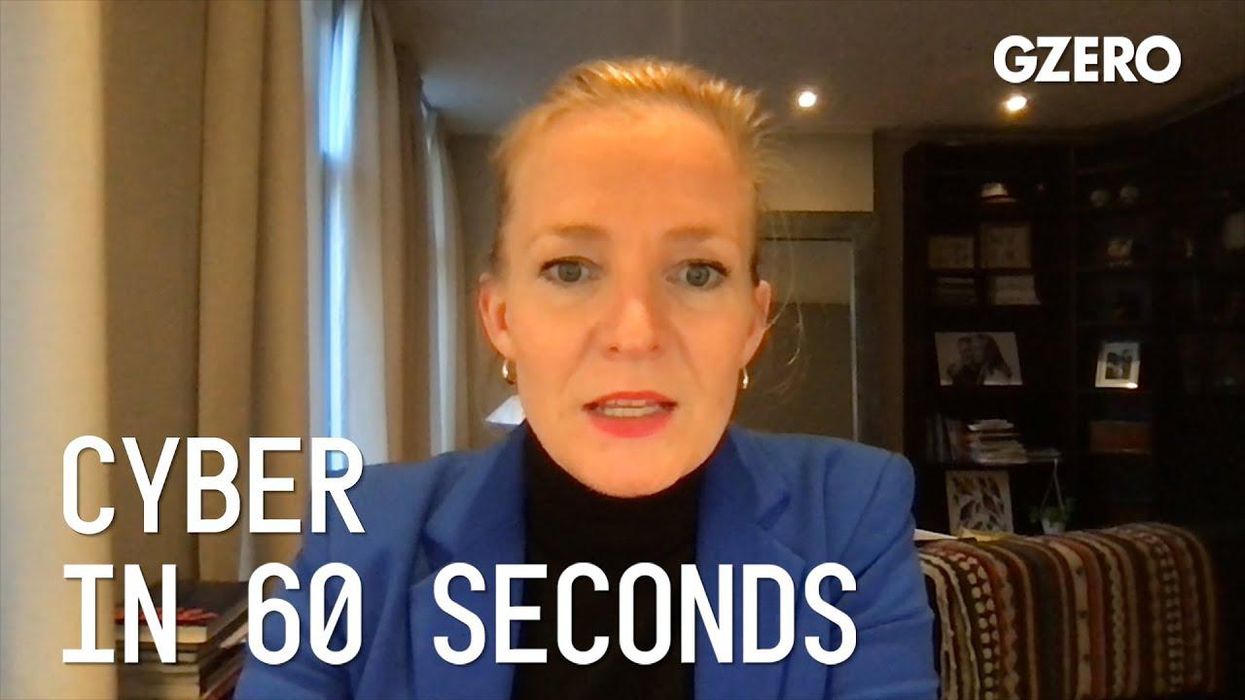
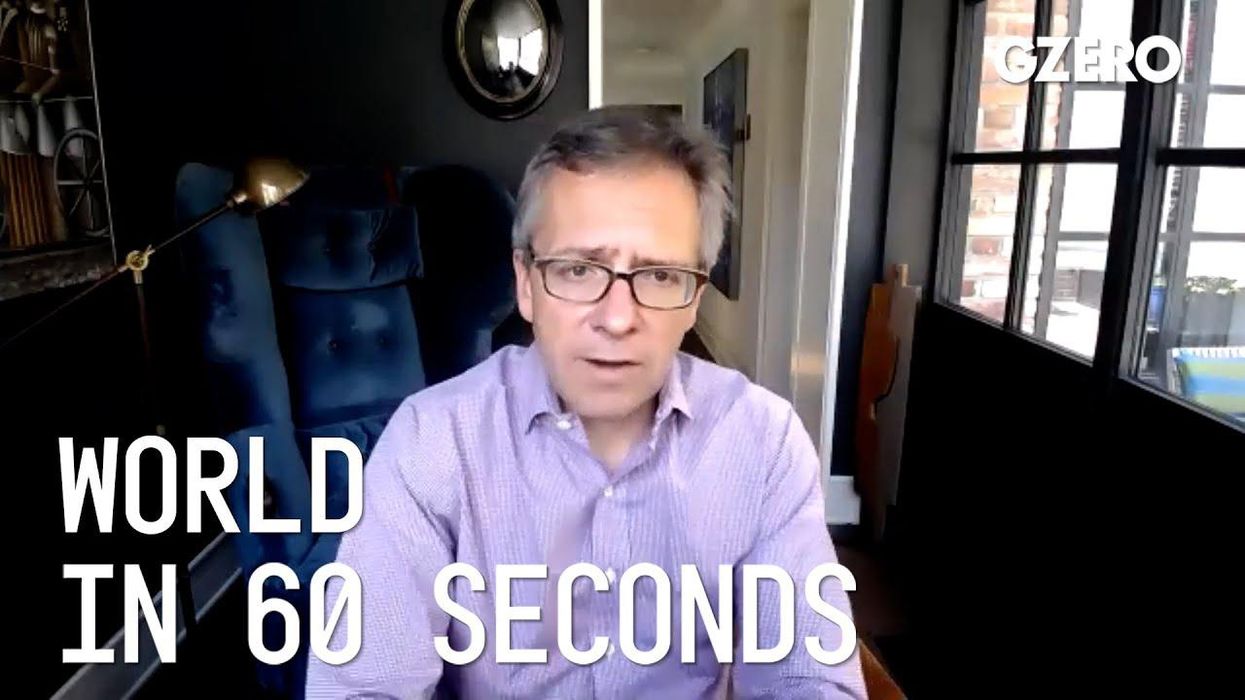
Biden wants Putin out
Ian Bremmer's Quick Take: “For God's sake, this man cannot remain in power.” We all heard it. Biden's comment closing his trip to Europe while he was in Warsaw, Poland, not so far from the Ukrainian border, was immediately walked back by White House aides. "No, it doesn't mean that President Biden or the United States has a plan or is going to take Putin out. It's not regime change." But, and this is important, Biden does want Putin out.